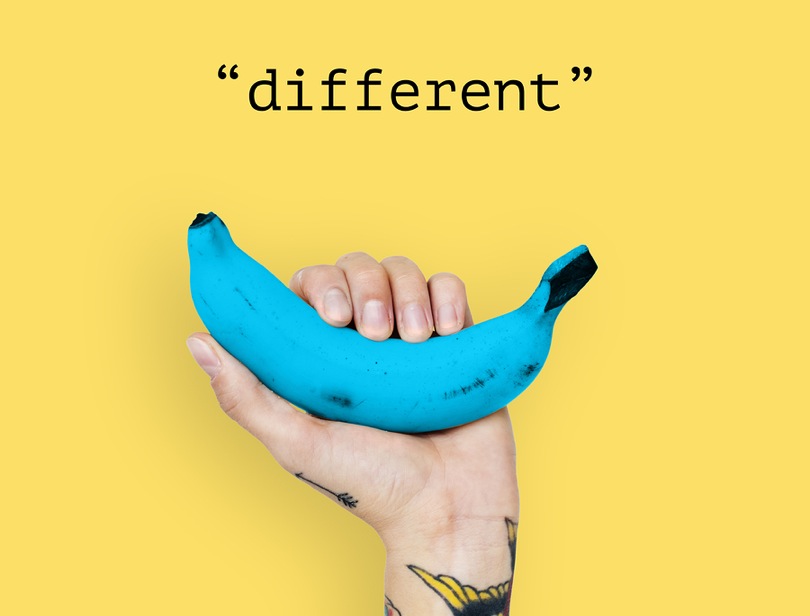Creatives have specific habits that help them turn creativity into a daily routine. Here are 18 habits of creative people. Conservation of ideas Sometimes you get an idea in the middle of the night. That’s why creative people write down their ideas. Then, write those ideas down. That’s what creativity is all about, isn’t it? Then, you’ll find the one that works. Self-expression What is creativity, anyway? Yes, creativity can do that to you. When you adopt certain habits, you’ll be able to support the process and find the best way to bring it to action.

Are you continuously trying to create new social media posts, Instagram photos, blog posts, articles, press releases, and promotional strategies? Have you paid attention to your creative process when creating these things?
When you have an idea, you’re driven by an inner force. Creative people get into their own world, and we don’t know what happens in their heads. What we do know, however, is that creativity means nothing without persistence and effort. Plus, some habits. Creatives have specific habits that help them turn creativity into a daily routine.
Here are 18 habits of creative people. They can inspire you to do things differently and find a way to keep the creative process going.
1. Me time
“The more powerful and original a mind, the more it will incline towards the religion of solitude.” – Aldous Huxley
When you want to understand your ideas and get deep into your mind to test them, you’ll naturally gravitate towards solitude. Does this mean you have to be an introvert to be as creative as you possibly could? No. Extroverts can be just as creative as introverts. The key to success is in the balance.
Creatives need both socializing and solitude at different times. They depend on the surroundings if they want to get better ideas, but they also need their me time to reconsider their own opinions and dig deep into their creative hub.
2. Risk
An idea may seem silly at the beginning. When you first tell it to someone, they may laugh at you. Do you think that Jack Dorsey and his team had it easy when they got the idea of Twitter? Of course not! It was new. It was risky. Fortunately, they took the risk.

3. Collaboration
Maybe a painter could work alone, but even they need to get inspired by other people. There’s no great novelist who didn’t rely on an editor and publisher. Jack Dorsey didn’t create Twitter alone. For a modern creative business, you need to get an outside perspective, which might shift or support ideas.
4. Preparation
If you thought that the most creative people could start creating in a matter of seconds after getting an idea, you were wrong. Dan Pearce, a resume writer at Careers Booster, explains that a creative project needs systematic work.
“When we have an idea, we have to find the existing thoughts and patterns that led to it. When I write a new project, I have to connect the dots in my own mind, and then connect them with the ideas of the client. That process takes time and effort. Most of all, it takes planning to bring everything together,” – he says.
5. Conservation of ideas
Sometimes you get an idea in the middle of the night. You think: “this is great; I should start doing something about it.” In the morning, you start your usual day and continue with the current project. Later, you’ll be left only with the impression of your idea. You know you had something, but you lost a particular element that was very important: the excitement.
That’s why creative people write down their ideas. Every single one of them. Have you seen Dostoevsky’s notes and doodles? The writer used to write down all ideas before transforming them into the novels we still read and love.
6. Movement
Yes, it’s a habit. Haruki Murakami, one of the most appreciated and inventive novelists of our time, commits to an intense running schedule. This is what he said in an interview for the Paris Review, when asked about the structure of a typical workday:
“When I’m in writing mode for a novel, I get up at 4 a.m. and work for five to six hours. In the afternoon, I run for ten kilometers or swim for fifteen hundred meters (or do both), then I read a bit and listen to some music. I go to bed at 9 p.m.”
You need physical strength to carry the burden of creativity.1 When an idea tortures you, you’ll spend many hours and days working on it. Just like Murakami, you need…

COMMENTS